Search 163 results
- Remove filter: Foreign Policy
- Remove filter: Migration
Filter by
Events
Series

In this book, CFR Senior Fellow Charles A. Kupchan addresses the broad strategic challenges and emerging nature of global politics facing the United States in this new century. Teaching notes by the author.
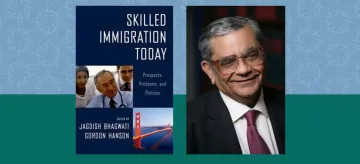
In this book, CFR Senior Fellow Jagdish N. Bhagwati and coauthor Gordon Hanson examine the causes and consequences of the international migration of skilled workers with a particular emphasis on the policy challenges confronting the governments in sending and receiving countries. Teaching notes by Professor Bhagwati.
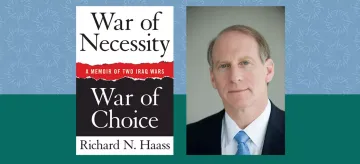
In this book, CFR President Richard N. Haass contrasts the decisions that shaped the conduct of two wars between the United States and Iraq, and writes an authoritative, personal account of how U.S. foreign policy is made. Teaching notes by the author.
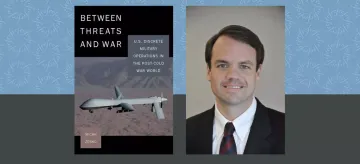
In this book, CFR Fellow Micah Zenko examines thirty-six discrete military operations carried out by the United States and evaluates U.S. policy choices, recommending ways in which limited military force may be applied in the future. Teaching notes by the author.
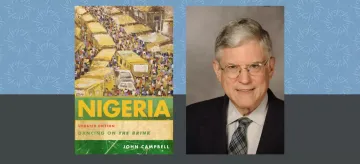
In this book, CFR Senior Fellow John Campbell examines Nigeria’s postcolonial past and offers policy options for the United States to help promote political, social, and economic development. Teaching notes by the author.
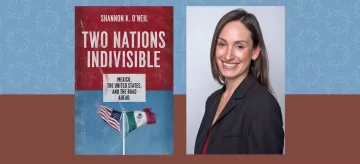
In this book, CFR Senior Fellow Shannon K. O’Neil explains that beyond the narrative of violence that dominates the headlines is a more hopeful Mexico with a globally competitive economy, a rising middle class, and increasingly influential pro-democracy voters—a country the United States should see as a partner, not a problem. Teaching notes by the author.
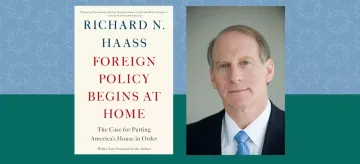
In this book, CFR President Richard N. Haass puts forward a new foreign policy doctrine of Restoration, in which the United States limits its engagement in wars of choice and humanitarian interventions abroad and focuses on restoring the foundations of its power at home. Teaching notes by the author.
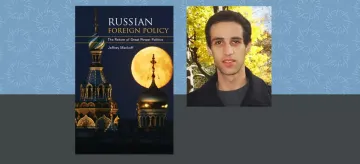
In this book, CFR Fellow Jeffrey Mankoff analyzes Russia’s interactions with major global actors and concludes that today’s Russia is more interested in restoring what its leaders consider to be its rightful place among the world’s major powers than in directly challenging the West. Teaching notes by the author.
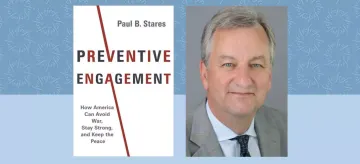
As the principal guarantor of international peace and security in an increasingly turbulent world, the United States is at risk of being drawn into potentially costly conflicts that, over time, diminish its power. In Preventive Engagement, Paul Stares offers a new comprehensive strategy for lowering this risk by reducing the demand for U.S. power overseas in the long, medium, and short term.
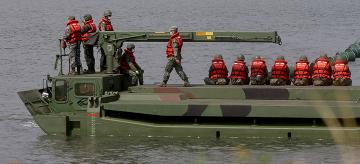
Explore Taiwan’s relationships with the United States and China. Then take part in a national security simulation to help avoid future conflict.